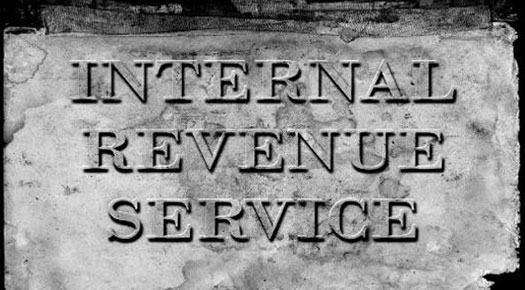
The Internal Revenue Service and the Freedom From Religion Foundation have come to a settlement of a lawsuit brought by the FFRF, culminating in the IRS agreeing to investigate churches that violate the Johnson Amendment, a law that activist groups often use to challenge a church’s tax-exempt status.
The Johnson Amendment refers to a change in the U.S, tax code, made in 1954, which prohibits tax-exempt organizations from endorsing or opposing political candidates. Churches claim that it requires them “to to give up constitutionally protected freedom of speech in order to maintain their tax-exempt status,” according to Anugrah Kumar, a contributor at Christianpost.com.
The lawsuit, FFRF vs Koskinen, accused the IRS of failing to properly investigating churches that engage in “Pulpit Freedom Sunday,” a fast-growing annual event that is associated with the Pulpit Initiative, a legal effort to secure free speech rights to pastors in the pulpit, i.e., to repeal or change the Johnson Amendment.
“This is a victory, and we are pleased with this development in which the IRS has proved to our satisfaction that it now has in place a protocol to enforce its own anti-electioneering provisions,” FFRF Co-President Annie Laurie Gaylor said in a statement last week. “Of course,” she added, “we have the complication of a moratorium currently in place on any IRS investigations of any tax-exempt entities...due to the congressional probe of the IRS. FFRF could refile the suit if anti-electioneering provisions are not enforced in the future against rogue political churches.”
The Alliance Defending Freedom, an American conservative Christian organization, called the IRS-FFRF agreement “yet another act of secrecy” by the tax agency. It asked the IRS to disclose the new protocols and procedures that it adopted for determining whether to investigate churches. ADF Litigation Counsel Christiana Holcomb said in a statement, “What it intends to do to churches must be brought into the light of day.”
Photo Credit: Dreamstime
